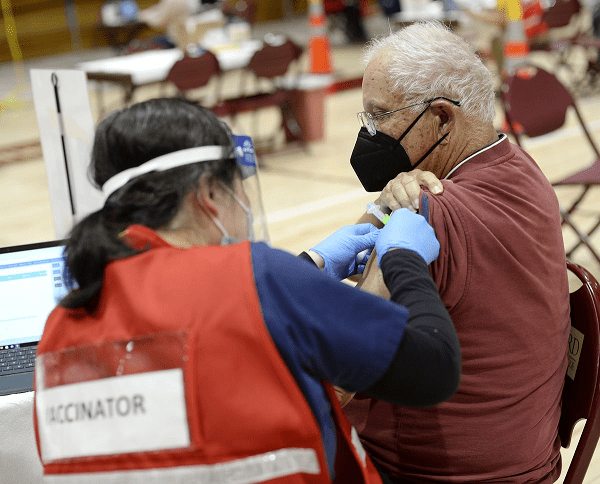

A severe lung condition that causes a low amount of oxygen to go through your bloodstream to your organs (acute respiratory distress syndrome).Older adults or people with existing medical conditions are at greater risk of becoming seriously ill with COVID-19. Being near an infected person when in an indoor space with poor air flowĪlthough most people with COVID-19 have mild to moderate symptoms, the disease can cause severe medical complications and lead to death in some people.Being coughed or sneezed on by an infected person.Close contact with someone who has COVID-19, especially someone with symptoms.Risk factors for COVID-19 appear to include: It's possible to get COVID-19 more than once. This is called presymptomatic transmission. The COVID-19 virus can also spread from someone who is infected but hasn't developed symptoms yet. This is called asymptomatic transmission. The COVID-19 virus can spread from someone who is infected but has no symptoms. The virus can also spread if you touch a surface with the virus on it and then touch your mouth, nose or eyes. Sometimes the COVID-19 virus can spread when a person is exposed to very small droplets or aerosols that stay in the air for several minutes or hours - called airborne transmission. These droplets can be inhaled or land in the mouth, nose or eyes of a person nearby. The virus spreads by respiratory droplets released when someone with the virus coughs, sneezes, breathes, sings or talks.

Data has shown that the COVID-19 virus spreads mainly from person to person among those in close contact. The virus that causes COVID-19 spreads easily among people. Infection with severe acute respiratory syndrome coronavirus 2, or SARS-CoV-2, causes coronavirus disease 2019 ( COVID-19). Let your health care provider know if you are an older adult or have chronic medical conditions, such as heart disease or lung disease, as you may have a greater risk of becoming seriously ill with COVID-19.
#Maryland covid unvaccinated skin
Pale, gray or blue-colored skin, lips or nail beds - depending on skin tone.Emergency signs and symptoms can include: If you have emergency COVID-19 signs and symptoms, seek care immediately. If you need to go to a hospital, call ahead so that health care providers can take steps to ensure that others aren't exposed. If you have emergency COVID-19 symptoms, such as trouble breathing, seek care immediately. Your health care provider will likely recommend that you get tested for COVID-19. If you have COVID-19 signs or symptoms or you've been in contact with someone diagnosed with COVID-19, contact your health care provider right away for medical advice. Other medical conditions may increase your risk of serious illness from COVID-19. Brain and nervous system conditions, such as strokes.Weakened immune system from bone marrow transplant, HIV or some medications.Chronic lung diseases such as cystic fibrosis or pulmonary hypertension.Weakened immune system from solid organ transplants or bone marrow transplants.Chronic obstructive pulmonary disease (COPD).



 0 kommentar(er)
0 kommentar(er)
